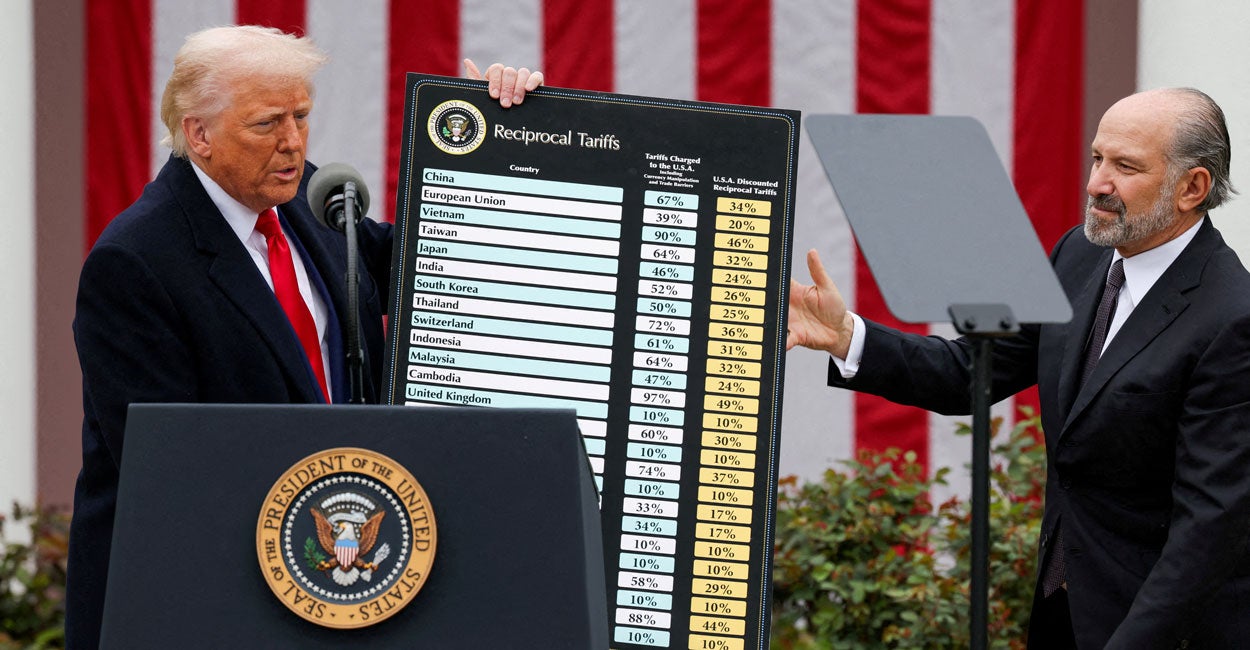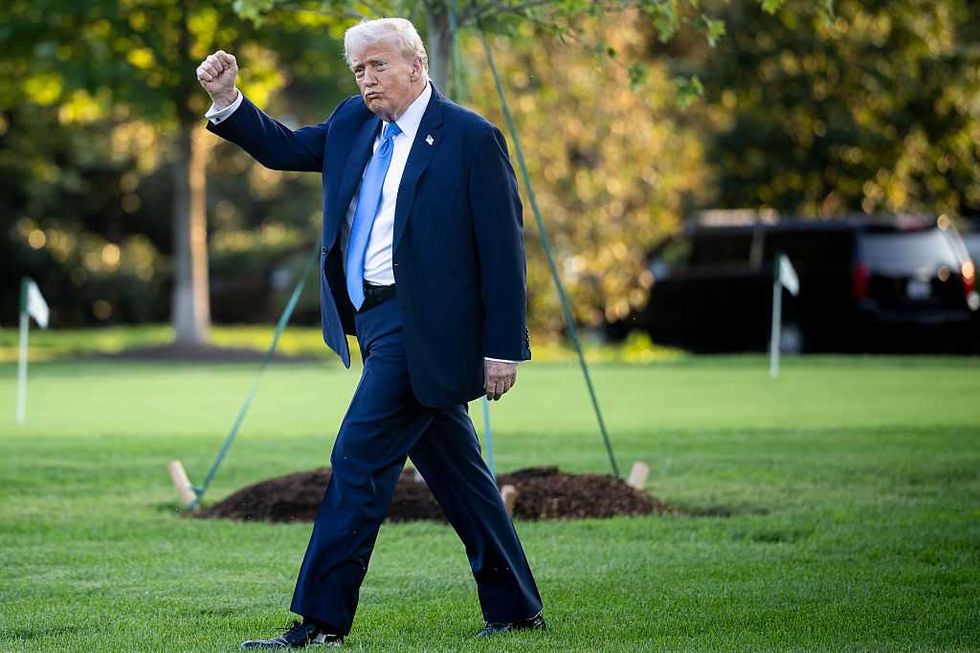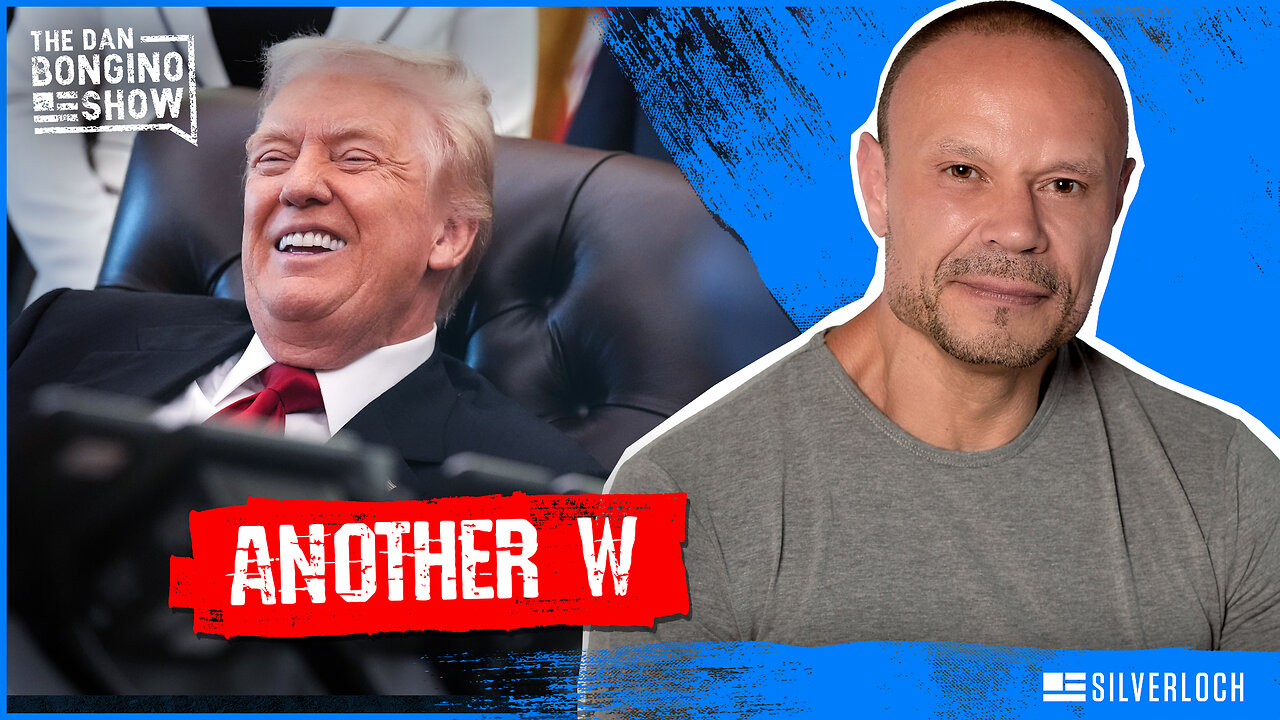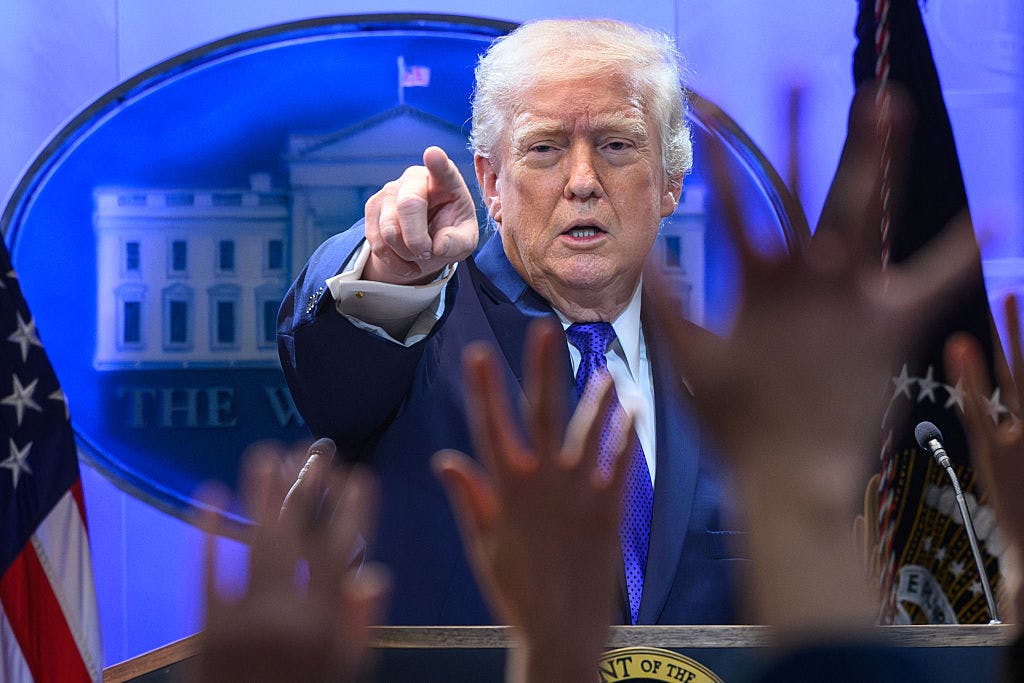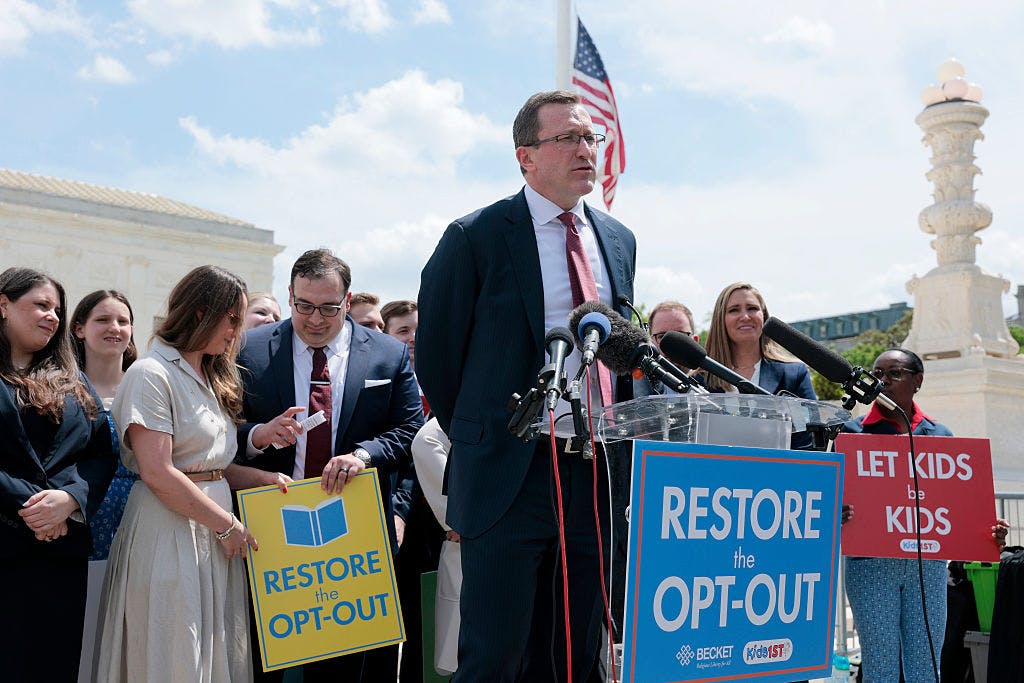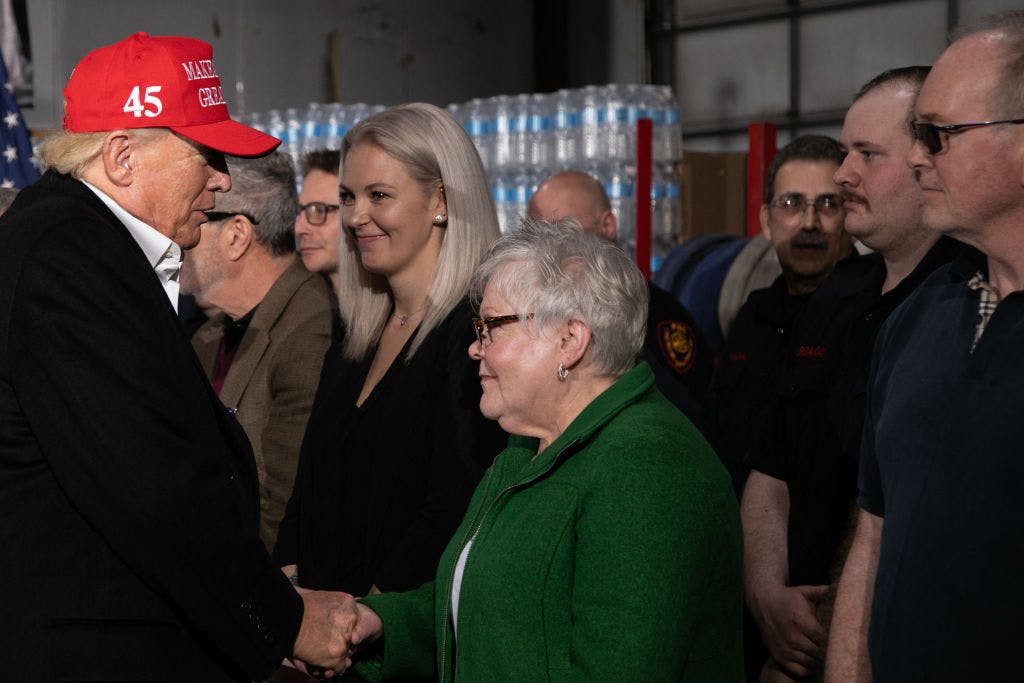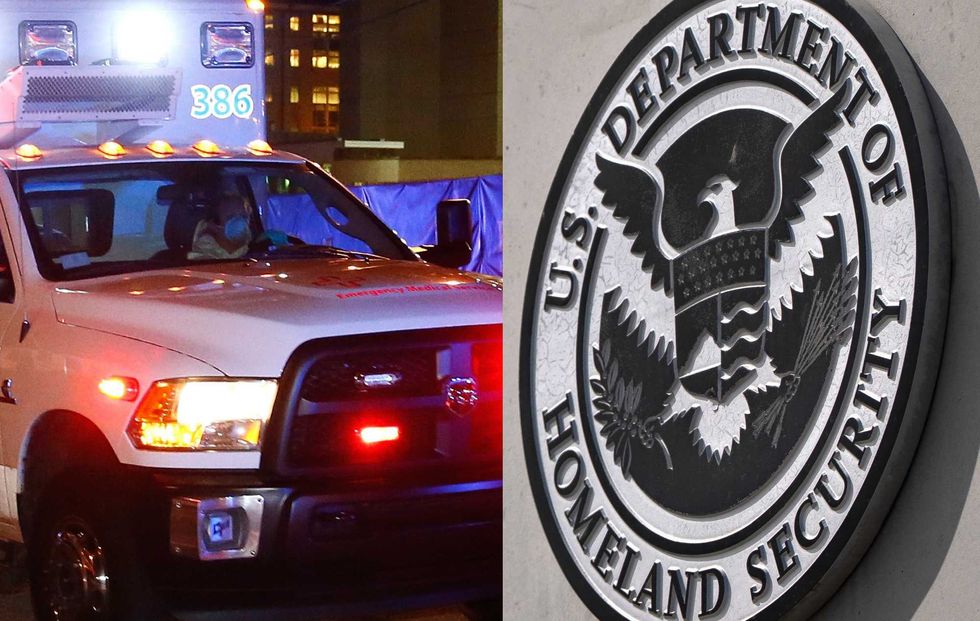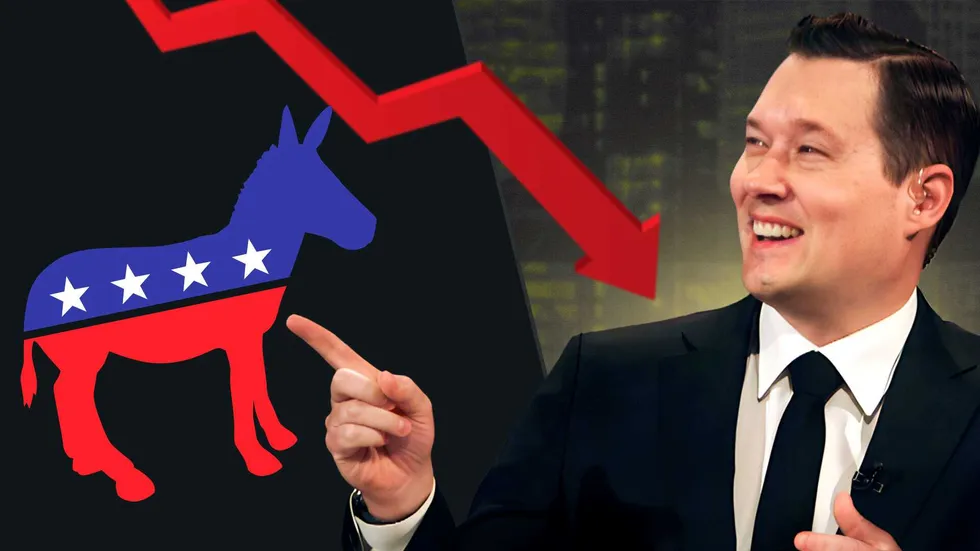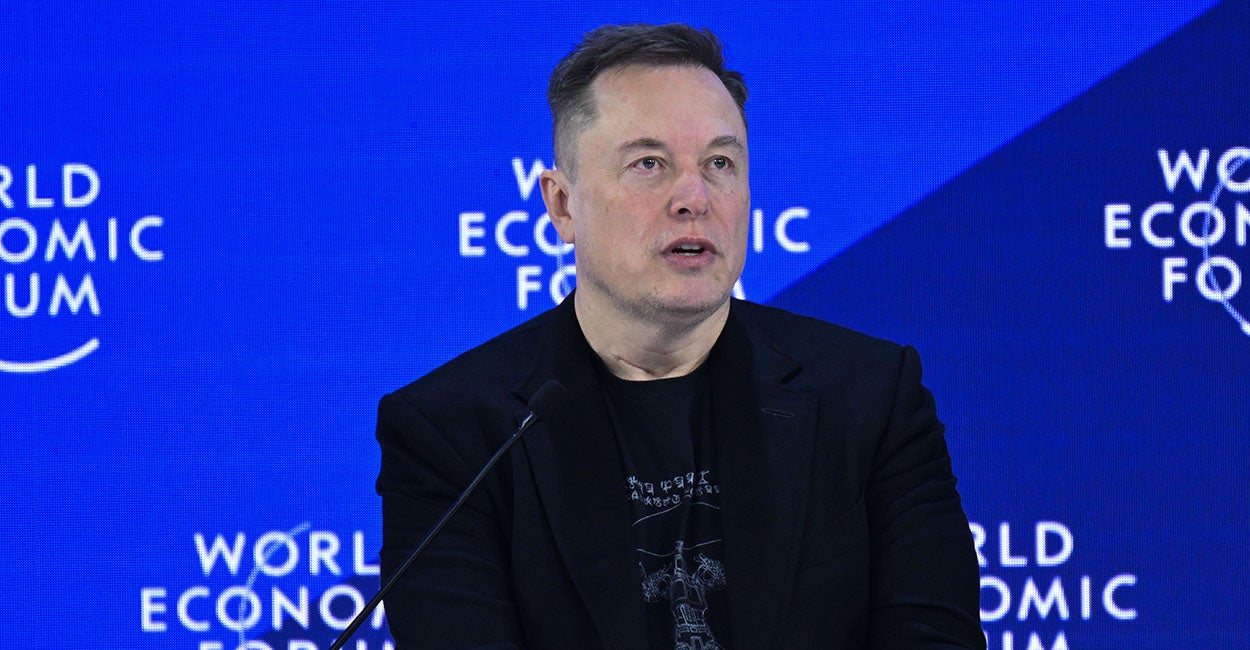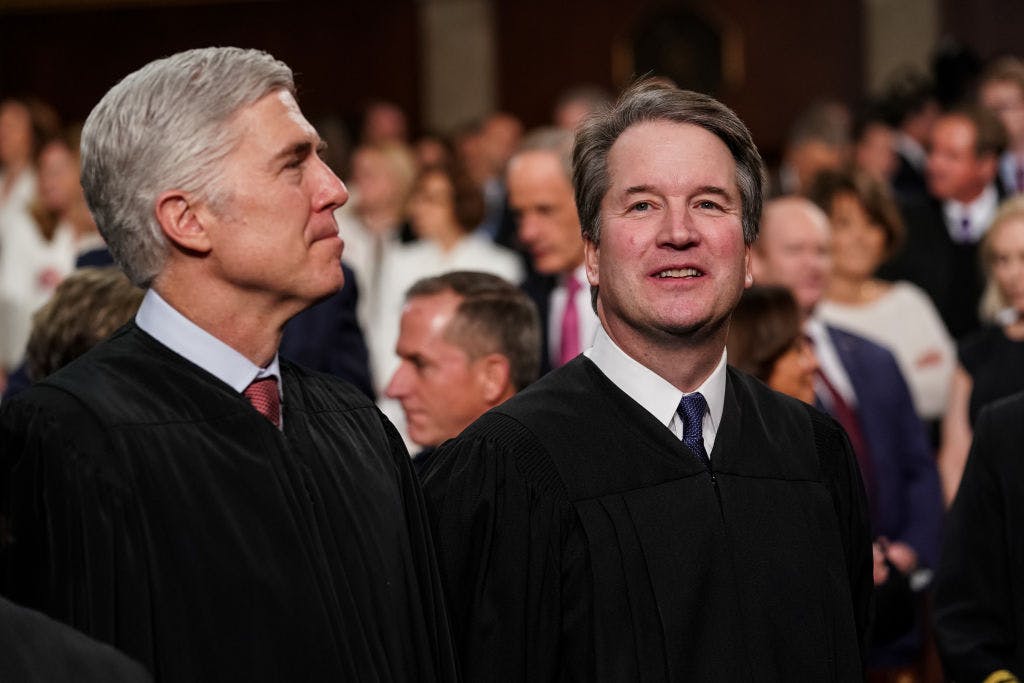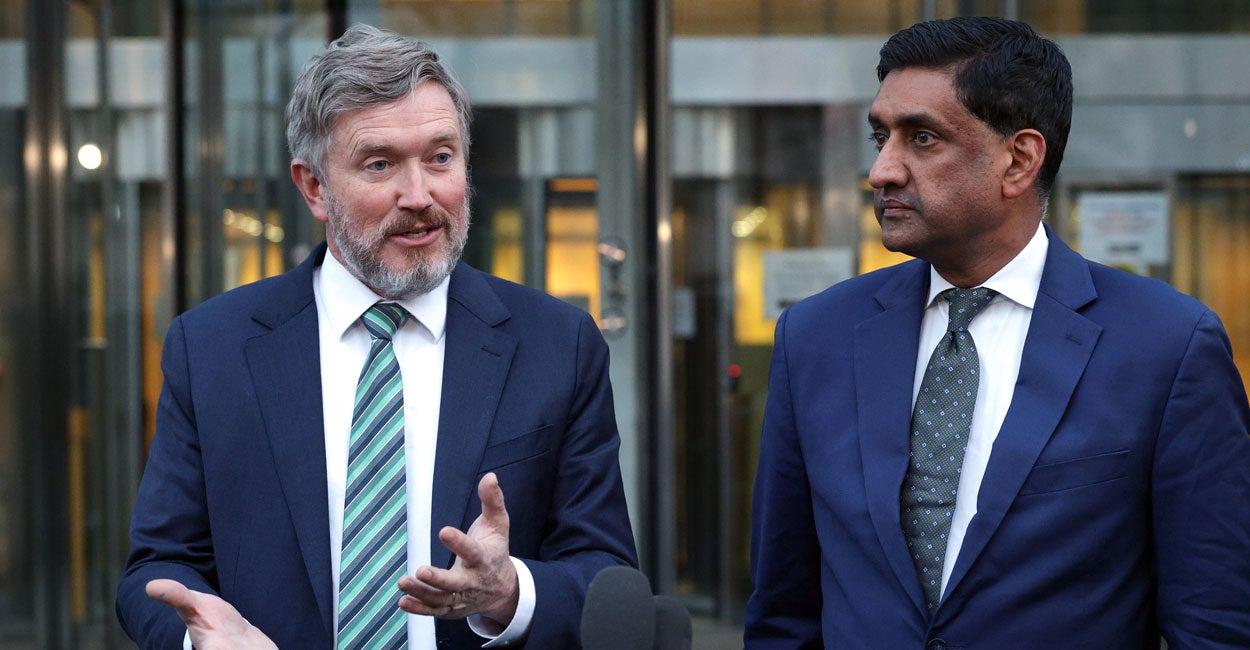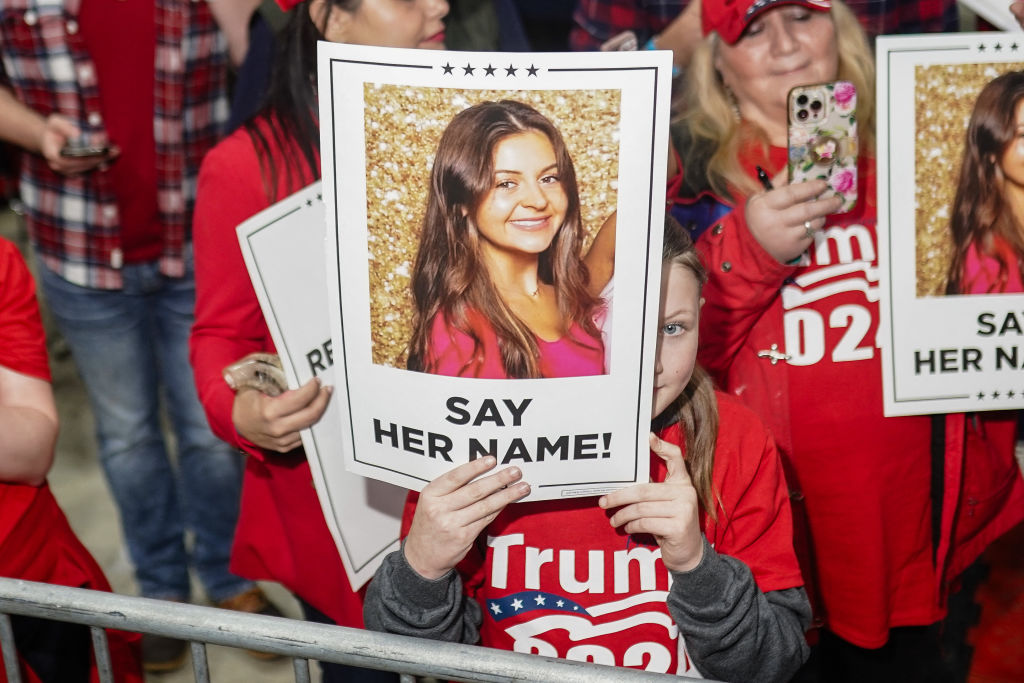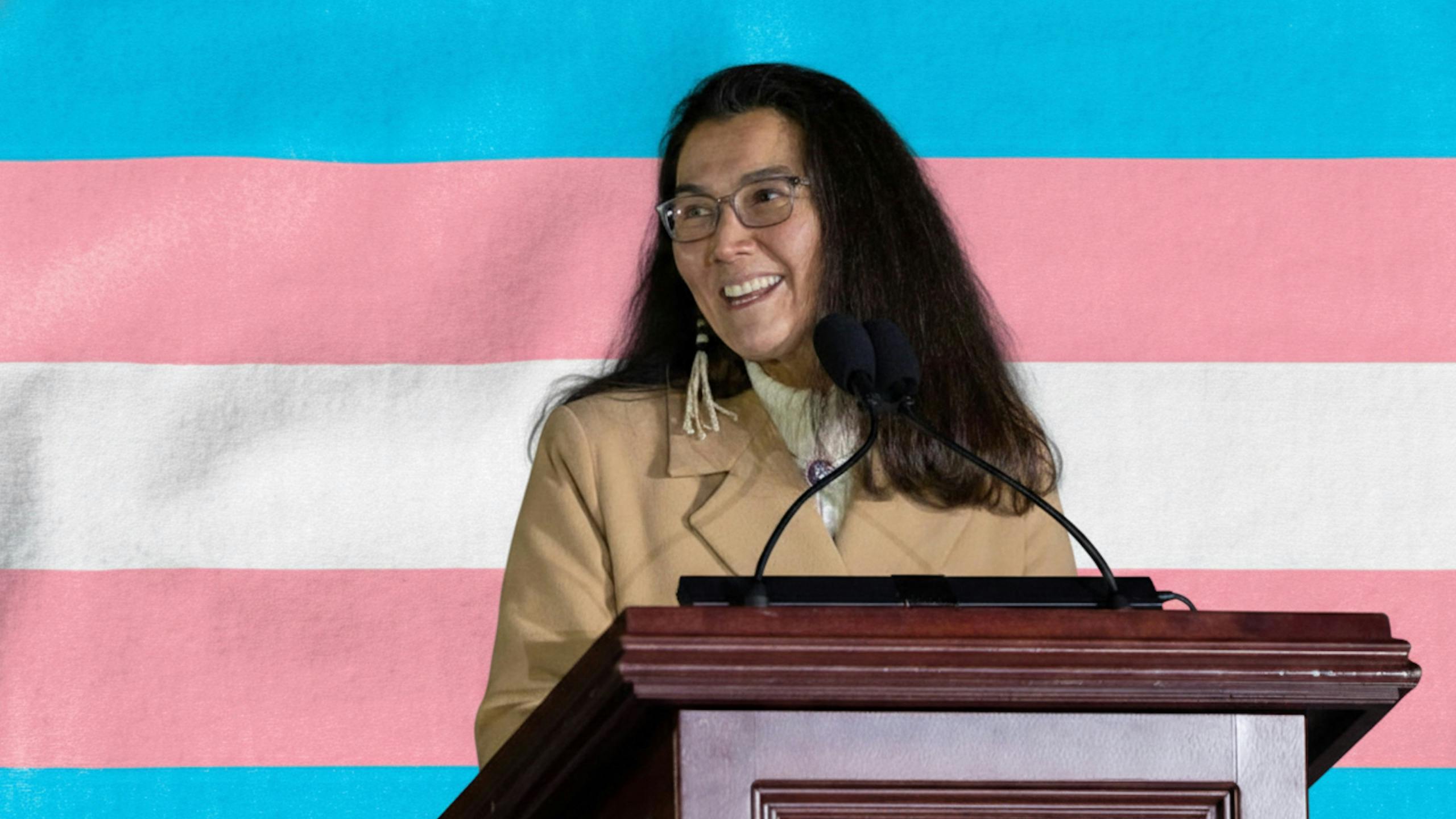National Conservatism Conference Promises Debate Amid Unity
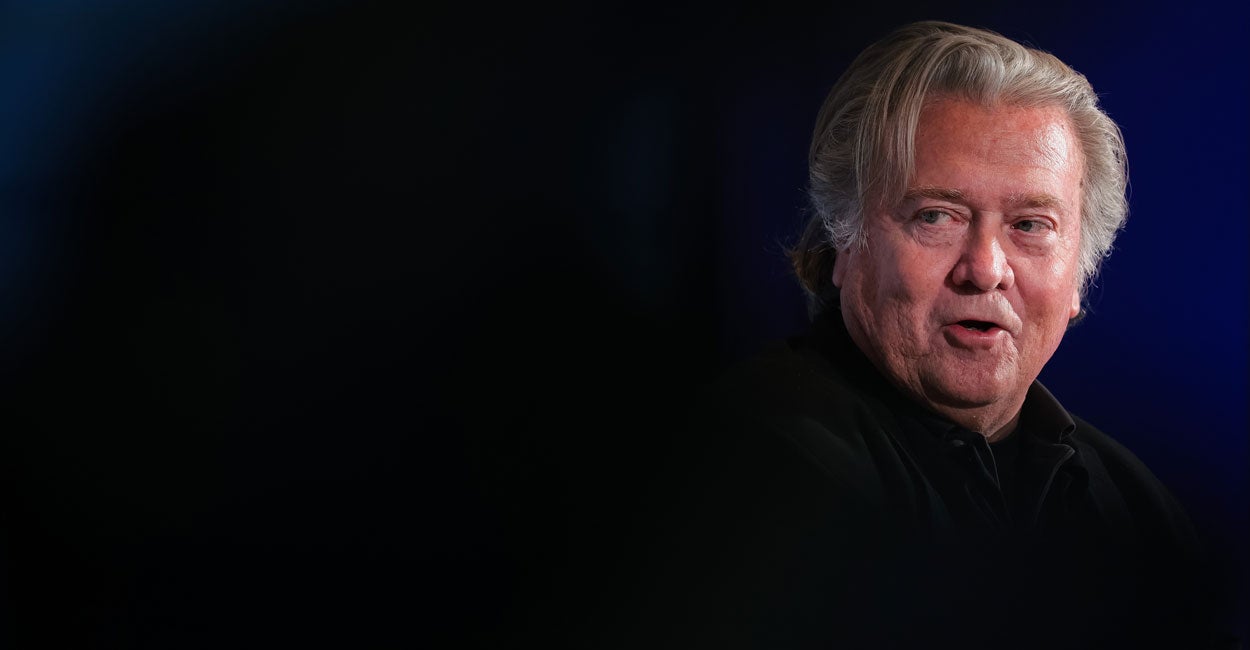
A keynote speaker canceling at the last minute is a conference organizer’s worst nightmare. Any excuse, whether it’s flight cancellations, a public emergency, or a personal matter, is unlikely to fully satisfy ticket holders.
Live Your Best Retirement
Fun • Funds • Fitness • Freedom
Steve Bannon had to cancel on the last National Conservatism Conference, but no one held it against him. He was in jail.
With Bannon behind bars, Rachel Bovard, vice president of programs at the Conservative Partnership Institute and board member of the Edmund Burke Foundation, took the main stage at the Capital Hilton in Washington, D.C. for a solo act. “I was supposed to be joined in this session by our friend Steve Bannon, who last week became the latest political prisoner of Merrick Garland’s Committee for Public Safety,” Bovard said.
“The people are snickering and high-fiving about persecuting Steve Bannon,” Bovard continued, are the same people who “celebrate the serial sexual predator Bill Clinton,” and “who protected Jeffrey Epstein—and continue to protect both his murderers and his child-abusing Democrat clients.”
And yet, Bovard told the crowd that “as we gather today for this fourth Conference on National Conservatism, we do so with the wind at our backs.”
“The Left is in a global panic. The corporatist Right is utterly irrelevant,” Bovard explained. Which meant that “national conservatism today is the undisputed majority political coalition and persuasion not simply in the Republican Party and in America, but across the West. We’re not part of the conservative movement. We are the conservative movement!”
Trump is undoubtedly the leader of the national conservative movement, both here and abroad. A growing number of international leaders are considered part of the NatCon coterie—Hungary’s Prime Minister Viktor Orban, Argentine President Javier Milei, El Salvador’s President Nayib Bukele and Israeli Prime Minister Benjamin Netanyahu, are perhaps a few—but the cutting edge remains with the Trump movement in America.
Trump’s return to power was an astounding win for national conservatism in 2024, but the victory is not yet complete. Ultimate victory will depend on whether the Trump administration’s nationalist and conservative policies succeed.
The NatCon movement cheering Trump’s return is far from monolithic. The controversies that galvanize the MAGA base—U.S. policy toward Israel and the Middle East, the Jeffrey Epstein revelations, and the coming age of AI—are also flashpoints for the NatCon coalition. Factions within the national conservative coalition are vying to influence Trump’s course of action on the most pressing issues of the day.
The stakes could not be higher. With these policies taking shape and their success starting to materialize, The Daily Signal offers an inside look at what to expect as NatCon is set to return to Washington, D.C. this week.
From Fringe Movement to Center Stage
“NatCon started as a fringe movement,” Bovard told The Daily Signal. “It was on the corners of the Right. I think it now has become the consensus position, so much so that people that participated in previous NatCons are all now in the administration. And so, NatCon ideas are not just things that we talk about in salons or whatever. They’re actually being tested in the furnace of politics and policymaking in real time.”
“NatCon has pitched its tent in the center of the New Right,” Will Chamberlain, vice president of external affairs at the Edmund Burke Foundation, told The Daily Signal. “It’s trying to be the big tent of the New Right.” Being the center mast of a big tent, however, means the circus is happening all around you.
Bannon plans on making it to this September’s NatCon. On his “War Room” program, he has been warning the Trump administration of the influence of “oligarchs” from the tech world and Silicon Valley. Elon Musk’s influence was of particular concern to Bannon until Musk and the president’s falling out. After the split, Bannon was one of the first to call for an inquiry into Musk’s immigration status.
Musk was never placed on this year’s list of NatCon speakers. But billionaire entrepreneur Peter Thiel was. While Thiel was still listed as one of the conference speakers, The Daily Signal reached out to Thiel’s team in early August for comment and was informed that Thiel would not be addressing the NatCon crowd.
For what it’s worth, the blood does not appear as bad between Thiel and Bannon as it is between Bannon and Musk. Nevertheless, in one of Bannon’s anti-Musk monologues, Bannon said, “Peter Thiel, David Sacks, Elon Musk, are all white South Africans.” Bannon continued: “Why do we have South Africans, the most racist people on earth, white South Africans, making any comments at all on what goes on in the United States?”
But Thiel, a longtime interlocutor of the NatCon movement, can be thought of as an avatar for the technology-driven portion of the Right that has been ascendant during Trump’s way back. Shyam Shankar, Chief Technology Officer at Palantir Technologies, and Nate Fischer, the founder and CEO of the venture firm New Founding, are of Thiel’s persuasion when it comes to technology and the Right.
The “Rebel Alliance”
What could be called the Bannon-wing and the Thiel-wing of the NatCon movement share many political objectives in common, first and foremost their support for the current president. Nevertheless, the tension between the working class and technology is proving a challenge for the coalition.
Chamberlain described it this way to The Daily Signal: “Peter Thiel gave a speech … where he described NatCon as kind of the ‘Rebel Alliance,’ where he just had a whole bunch of people who disagree with each other, but who are all opposed to the ‘Empire’—the liberal dominant orthodoxy.”
The forces of liberal empire brought the Thiel and Bannon wings together. “Bannon and Thiel have effectively been in the same coalition for quite a long time. Bannon was on the Trump campaign when Thiel was one of the early major tech endorsers and spoke at the RNC all the way back in 2016.”
“Bannon reflects, obviously, the populist movement and MAGA, but Thiel is obviously this sort of heterodox tech figure,” Chamberlain said. Nevertheless, “both have always seen Trump as the leader of the movement and the person who would help achieve their policy goals—even if those policy goals occasionally are in complete opposition of one another.”
“Both of them have been architects, you know, of the current populist moment,” Bovard said of Bannon and Thiel, but “they come at it from different perspectives.”
“Bannon was really an architect of a lot of the early political movement around Trump,” Bovard told The Daily Signal, as evidenced by his work with the first Trump administration.
As for Thiel, Bovard said, “Thiel was incredibly influential in identifying it from the Silicon Valley side, not just the innovation side, but also foreshadowing, I think, a lot of the trends in Silicon Valley that have pushed a lot of people to the Right.”
“It’s honestly been this sort of sea change,” Bovard said of the cultural shift in places like Silicon Valley. “You’ve probably felt it too, but the vibe shift—it’s cool to be MAGA now in a lot of ways. And I think Peter Thiel has been behind a lot of that.”
Both men find themselves in the NatCon coalition, however, because of a “unified entry point to this movement,” according to Bovard. “They identified pretty early on that there was going to be a divide between the elite class that were running the country in a way that was just so removed from the needs of the people below them.” The squandering of America’s inheritance by a failed elite created a “class that, while they were not technically disenfranchised, that were effectively disenfranchised from the country that they built.”
“But it remains to be seen if it’s a sustainable alliance with conservatives because we value different things at our core, at the end of the day,” Bovard added.
Tensions Over Foreign Policy
Technology is not the only source of tension in the NatCon contingent, either. NatCon circles are also expected to vigorously debate the Trump administration’s foreign policy—particularly its strategy regarding Israel and the Middle East. Yoram Hazony, the founder of NatCon, is a dual American-Israeli citizen who strongly supports Israel’s actions in the current war and the U.S. strikes on Iranian nuclear facilities, for example. Other speakers, like Curt Mills and Paul Gottfried, have been outspoken advocates for reining in the Israeli government’s actions, which they see as destabilizing.
But that conflict is by design and hoping to be appropriately channeled.
“We want to reflect that internal division in the conference and discuss it and debate it, because it is an important tension point,” Chamberlain said. “But simultaneously we want everybody to understand that we’re all still in the same tent.”
“I mean, we just made sure we invite everybody in the tent,” Chamberlain told The Daily Signal when asked how to maintain a coalition that appears deeply divided on America’s strategy in the Middle East. “I think [its] something as simple as making sure Curt Mills is invited, even though Curt and Yoram probably have completely diametrically opposed views on a central issue that we’re facing.”
Mills, the executive editor of The American Conservative, told The Daily Signal that NatCon “usually stirs up quite a bit of buzz.” He commended NatCon for inviting him and other Israel skeptics to speak at the conference because, “fundamentally, the Israel debate gets at the core of the potential problem of the nationalist internationale, or the limitations of the nationalist Internationale,” that NatCon attempts to foster.
“The idea that conservative nationalists across the world should agree on everything—I think that the problems of that are being laid bare fairly openly on the Israel question,” Mills continued. “The prerogatives of Netanyahu’s government and Netanyahu’s hard-liners are not necessarily the same of what the Trump administration’s should be or where the American Right should go.”
“These tensions are just out in the open, and they deserve to be addressed to the conference, and so I thank them for the invitation,” Mills added. “But I’m not really sure that comedy is going to be found here.”
Mills is cognizant of the fact that his stance on Israel remains the minority position among NatCon speakers, but it might be more even among conference attendees, which skews younger and male. “I wouldn’t be surprised to see the younger people in Washington, D.C.—a lot of them administration officials—support the idea that we should get out of the war entirely, that we should cut arms sales to Israel entirely, that we shouldn’t join in on an Israeli war with Iran. I think that’s the future, and there’s no hiding it.”
“It’s an important conversation to have,” Bovard said of the NatCon debates surrounding Israel.
“Building a lasting movement means you have to be willing to engage disagreements.”
“No foreign policy priority is owed unquestioned deference,” Bovard continued. “Everything should be interrogated for its strategic value to American interests. And that’s exactly the conversation that we should be having about Israel. Israel isn’t exempt from that valence, and that’s what we’re trying to do here.”
Last Year’s NatCon: A Preview of the 2nd Trump Term
It’s hard to deny what Bovard said about NatCon defining the conservative movement at the fourth NatCon conference a year ago.
While Bannon was unable to make it, other big names on the right were in attendance.
JD Vance, at the time a first-term senator from Ohio, delivered an address titled “America is a Nation” at the final dinner of NatCon 4 on July 10, 2024. Five days later, Vance was chosen as Trump’s running mate. Parts of his speech at NatCon4 were incorporated into his July 17 address to the RNC. The senator said America is not an idea but “a nation,” and that someday he will someday be laid to rest in his family’s ancestral plot in eastern Kentucky in and among that nation. Vance declared: “That is a homeland.”
Vance has contributed much to the national conservatism movement. He was one of the early advocates for the movement as a speaker at the first NatCon conference in 2019. The movement has compensated with goodwill as Vance’s national conservative bona fides helped launch his political career.
“Where the national conservatism movement has made the most progress, not just here, but I think overseas as well is the recognition that the real threat to American democracy it’s certainly not Donald Trump, it’s not even some foreign dictator who doesn’t like America or our values,” Vance told the NatCon crowd in 2024. “The real threat to American democracy is that American voters keep on voting for less immigration and our politicians keep on rewarding us with more. That is the threat to American democracy.”
Vice President Vance is far from the only NatCon4 speaker that has taken a new job upon Trump’s return to the White House.
Stephen Miller, one of Trump’s longest-serving political confidants and White House deputy chief of staff for policy, also addressed the NatCon4 crowd. He excoriated Biden for choosing defeat at the hands of the “world’s fugitives, predators, and rapists” invading the United States. “Choose victory, choose optimism. Choose hope,” Miller implored.
Elbridge Colby now works out of the Pentagon as the Under Secretary of Defense for Policy.
Ryan Baasch has made the jump from the Texas Attorney General’s office to the White House, where he serves as a special assistant to the president. Kara Frederick, previously of The Heritage Foundation, finds employ as White House senior policy advisor.
And few imagined Scott Bessent would become treasury secretary just six months later as he delivered a speech to NatCon4 titled, “Industrial Policy as Innovation, Military, and Insurance Policy.”
That wasn’t the case when Tom Homan got the nod to be Trump’s border czar, however. “If Trump comes back, I will run the biggest deportation operation this country’s ever seen,” Homan told the NatCon4 crowd to cheers. “They ain’t seen s— yet. Wait until 2025.”
Truth, Not Power
The efforts of NatCon have undoubtedly placed National Conservatism in the mainstream of the American Right. The challenge NatCon faces now, however, is to stave off the ossification, and then fossilization, of Reagan-era fusionism.
“If it’s a conversation about ideas, then the ultimate good has to be truth and not immediate power,” Mills said when asked about the future of the coalition with Trump back in office. “If the goal here is to be a supplicant of the administration and regurgitate the administration’s party line du jour, it’s not going to be a very impactful or influential group going forward in the future.”
“The reason this organization is important today is because there was a series of inchoate ideas that didn’t have a structure, that was given a structure in the first Trump term. It became a bit of a counter elite, if you will,” Mills explained. “There was Conservative Inc. in Washington, there was the old-guard Bush wing, and these guys tried to provide a structure, not without some criticism, to people who were on the more dissident end of things. If NatCon just simply becomes the establishment, it’s going to lose its bite very quickly.”
“We always remain mindful of the gravitational center of this town, which is establishment Bushism,” Bovard told The Daily Signal. “You’re trying to build in opposition to that; you’re trying to move the gravitational center to where you are. Now, I think we’ve done it, and in the sense that, like, the energy of the movement and the energy of the country, I think, is where we are.”
Which means NatCon cannot afford to “throw down purity tests and reject people.” Maintaining a powerful coalition, Bovard explained, requires “bringing the disparate parts of the movement together.”
“We just make sure we invite everybody in the tent and that we’re keeping the tent big and that we aren’t canceling people for no good reason,” Chamberlain said of preventing NatCon from going stale. “We have a really wide spectrum of people who are going to be there, and it really does capture the breadth of ideas that influence the Trump administration.
“The idea that people aren’t listening to what’s going to be said here, I think, is clearly falsifiable,” Mills said of the upcoming NatCon. “I think it’s going to have an impact, especially with the number of administration officials who have spoken at this thing.”
Mills cited “the vice president of the United States, the heir apparent of the Republican Party,” as an example. “He and others are well aware of the currents.”
The post National Conservatism Conference Promises Debate Amid Unity appeared first on The Daily Signal.
Originally Published at Daily Wire, Daily Signal, or The Blaze
What's Your Reaction?
 Like
0
Like
0
 Dislike
0
Dislike
0
 Love
0
Love
0
 Funny
0
Funny
0
 Angry
0
Angry
0
 Sad
0
Sad
0
 Wow
0
Wow
0


